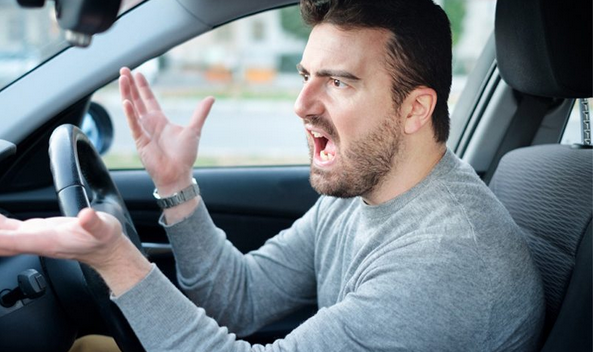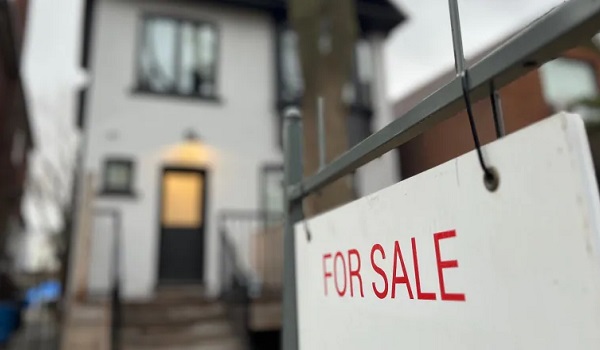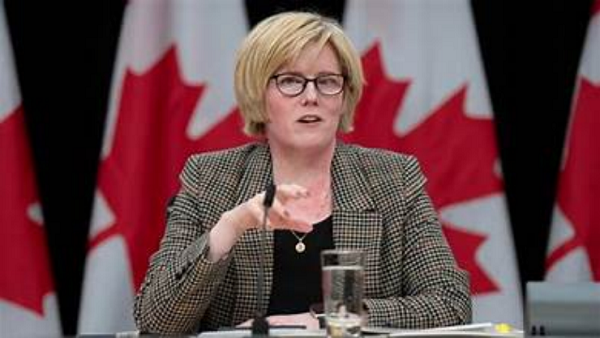Road rage can lead to negative consequences, while the financial costs can be severe
Driving, especially in Toronto, can sometimes feel like combat sport.
The gridlocked streets and jammed highways are chockablock with frustrated drivers lashing out. If it feels like things are getting more aggressive out there, you’re not imagining it.
A 2022 Leger survey found that 78 per cent of Canadians witnessed road rage behaviour while 51 per cent admitted to engaging in the same behaviour.
Fatalities caused by speeding and aggressive driving are up across the province, with the Ontario Provincial Police reporting a 31 per cent rise in fatal motor vehicle collisions caused by speeding and aggressive driving in 2021, resulting in 62 deaths. The number of speed-related deaths rose to 81 in 2022.
As of June, the OPP had responded to 136 fatal collisions from all causes that resulted in the deaths of 150 people since the start of the year, a sizable jump from the 103 fatal collisions and 125 lives lost in the first six months of the previous year.
Road rage can lead to poor decisions and negative consequences — including death. But the financial costs are also severe.
Those costs range from expensive traffic tickets and increased auto insurance premiums, to being uninsurable and having to pay costs if you are successfully sued due to an accident, says Nainesh Kotak, a barrister and solicitor at Kotak Personal Injury Law.
While the Ontario government defines aggressive driving and road rage as speeding, cutting in front of someone too closely, failing to yield the right of way and tailgating, you can’t get charged with road rage, says Kotak.
“Even though road rage is not defined in the standard (insurance) policies in Ontario, there are certain exclusions that would occur if there was in fact a criminal conviction for certain offences,” he says. “Because keep in mind, with the road rage itself, the conduct may be criminal in nature, and it could result in criminal convictions.”
A ticket for dangerous driving can be costly
Getting a ticket for dangerous driving, speeding or anything that falls under aggressive driving can result in a hike in your insurance premiums if you are convicted and it goes on your driving record. The insurance company will almost certainly review your record and find out, and when it comes time to renew your auto insurance policy that can get costly.
“From an insurance perspective, the impact on that would be a change (to your insurance policy) including discounts and surcharges,” says Daniel Ivans, Ratesdotca’s insurance expert. He says some insurance companies offer discounts of up to 20 per cent to drivers with clean records. That discount would be removed with a conviction.
“There are also companies out there that will surcharge as much as 30 per cent on a single conviction,” he adds. So if you were paying $250 a month for your auto insurance premium, you could end up paying as much as $325.
Ivans says that the more convictions someone has, the greater the surcharge. Plus, once you’ve reached the limit as set out in your insurance company’s underwriting guidelines, you may no longer qualify for standard insurance.
“Once you have three or four tickets, you start to find yourself in non-standard market territory, which is there for people who’ve had a bit of bad luck over the last couple of years and so need more expensive insurance policies.”
You can get high-risk insurance, but it is significantly more expensive, costing upwards of 300 per cent more than an average policy, according to ThinkInsure.
Financial penalties for dangerous driving convictions
There are other costs involved if you’re convicted.
Kotak says that if you’re convicted of a criminal offence in which you knowingly caused bodily harm with the dangerous operation of a motor vehicle, or through impaired driving, there are big financial penalties.
For starters, your insurance won’t cover vehicle repairs in such cases, he says. “Another consequence to you is even for your own no-fault claim, you wouldn’t be entitled to income replacement benefits. You would just get medical rehabilitation benefits.”
Apart from losing income while recovering, the cost of auto repairs has also increased this year. An average visit to a dealership repair shop is now $432, up from $394 in 2022, according to a recent J.D. Power Canada report. That number only increases if you have a luxury car that needs specialized repair.
And if you’re sued, the bill goes up, says David Shellnut, founder of the Biking Lawyer.
“If your vehicle is involved, as the weapon of the assaulter, then insurance covers up to a public policy limit of $200,000.”
If you have a criminal conviction, you’re at fault, and you’re the owner of your vehicle as well as the driver, your indemnification or your insurance policy could be, at the discretion of your insurance company, reduced to only $200,000 instead of the full indemnification of $1 million stated in most policies. That could leave you on the hook for lawsuit payouts above $200,000.
“That’s … what your insurance company would pay out for a lawsuit against you,” Kotak says. “For example, you know that person’s injuries are worth more than $200,000. This is significant income loss, so they will sue their own insurance company for the shortfall. But their own insurance company can sue you for the amount they have to pay out.”
Dash cams to the rescue
Apart from taking a deep breath and resisting the urge to retaliate after you’ve been cut off or are the victim of road rage, what can you do?
Both Kotak and Ivans say buying a dash cam could be a good investment.
Ivans says that dash cam footage can help when it comes to the claims process in figuring out who was at fault in an accident.
Both he and Kotak used the example of someone backing into your front bumper. The assumption is that the driver behind is at fault.
“If you have a dash cam for example, and it shows you’re stopped and the person backs up into you, it is going to prove that you are not at fault,” says Kotak. “Without that dash cam, if it’s just one person’s word against another, there’s no witnesses.”
He says dash cams can also save insurance companies a lot of money.
“Having dash cam evidence is very, very important.”
This article was reported by The Star
















